Intellectual Capital Deficiency in Governance Part One — Why the Horn of Africa Is a Global Case Study
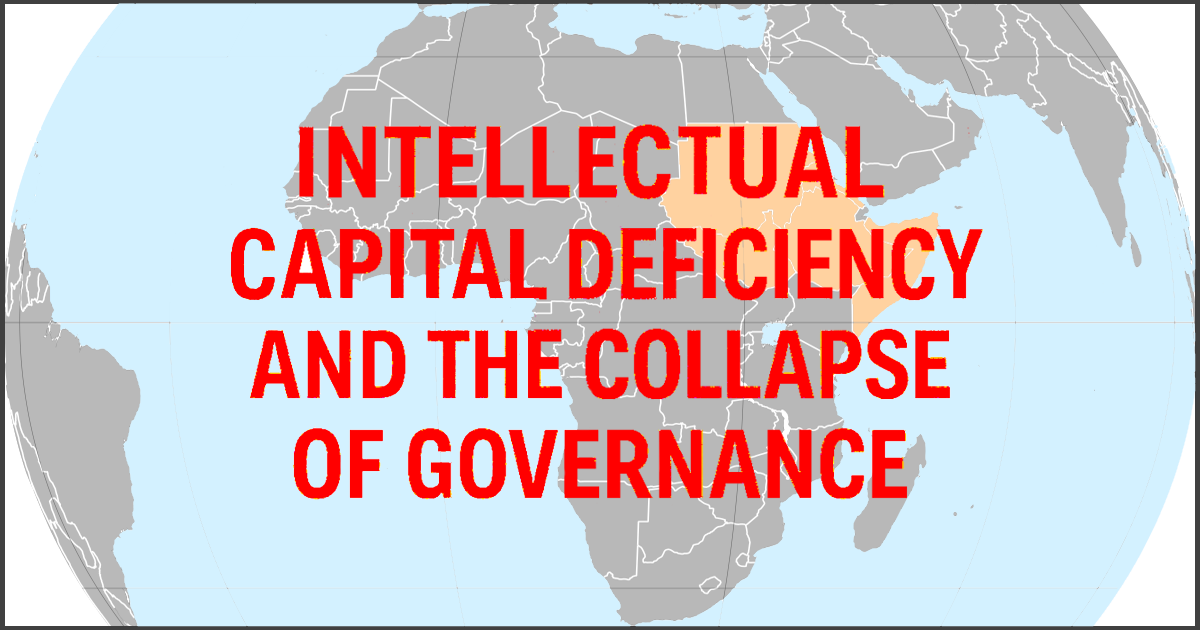
(By Invitation)
Excerpt
This article applies the Intellectual Capital framework—widely used in business and development—to the sphere of governance. Using the Horn of Africa as a case study, it explores how deficiencies in Intellectual Capital weaken state resilience, fuel instability, and block long-term solutions, while offering insights relevant to governance challenges worldwide.
Part One — Why the Horn of Africa Is a Global Case Study
Introduction
The article applies the Intellectual Capital (IC) framework—widely used in corporate, economic, and development contexts—most directly and holistically to the sphere of governance, or the lack thereof. It uses the Horn of Africa as a primary example, while acknowledging that IC deficiency is by no means unique to this region. The same framework can be applied to governance challenges elsewhere, making this analysis both region-specific and globally relevant.
Why do states fail even when they have territory, people, and resources? Why does the Horn of Africa remain mired in cycles of instability, despite the end of colonial rule and the rise of sovereign governments? While explanations often point to ethnic divisions, authoritarianism, or foreign interference, one crucial but underexplored dimension is the deficiency of Intellectual Capital (IC) in governance.
This article explores how the chronic underdevelopment of Intellectual Capital — the deep infrastructure of knowledge, vision, and institutional wisdom — lies at the heart of governance failure in the Horn of Africa. It introduces a broader understanding of IC and contrasts what is missing in countries like Eritrea, Ethiopia, Somalia, South Sudan, and Sudan with what strong Intellectual Capital can achieve in functional polities.
Reframing Intellectual Capital for Governance
Traditionally a concept from business and economics, Intellectual Capital (IC) refers to intangible assets like knowledge, strategic thinking, culture, and relational networks [1]. When applied to statecraft and political systems, IC can be reframed as:
“The accumulated strategic insight, ideological clarity, civic wisdom, institutional memory, and problem-solving capacity embedded in individuals, movements, and public institutions that enable societies to organize, govern, and adapt effectively.”
This thinking builds on foundational work by Leif Edvinsson and Michael Malone (1997) [2] who pioneered the term in corporate settings, and later applications by Nick Bontis (2004) [3], who introduced national IC indices to evaluate countries’ development potential.
As Bontis noted, countries with weak intellectual capital lack the strategic agility to respond to complexity. It is no exaggeration to suggest that few social or political problems are more acute and complex than those the Horn of Africa is facing today.
In governance, IC includes:
- Human Capital – policymakers, civil servants, educators, civic thinkers, and ethical leaders.
- Structural Capital – ideologies, legal frameworks, data systems, think tanks, historical archives.
- Relational Capital – trust with the public, media integrity, regional and global partnerships.
- Symbolic & Cultural Capital – legitimacy derived from moral leadership, shared narratives, and civic pride.
When IC is vibrant, governance becomes forward-looking, inclusive, and adaptive. When it is weak, states default to violence, patronage, and decay.
It is almost axiomatic to say that wherever state repression or military power is routinely applied to manage dissent or maintain order, it signals that Intellectual Capital is, at best, sidelined and, at worst, virtually nonexistent. This reliance on coercion reflects a failure to engage the population through dialogue, shared vision, and credible problem-solving. In such contexts, power is maintained not by the strength of ideas or institutions, but by the suppression of alternative thought—a clear marker of IC deficiency. Sustainable governance, by contrast, thrives when persuasion, consensus-building, and inclusive policy design render force unnecessary except as a last resort.
Four Pillars of Intellectual Capital in Statecraft
Strong intellectual capital fosters:
- Strategic foresight: Planning beyond the immediate political cycle, anticipating economic, environmental, and geopolitical shifts.
- Ideological coherence: Governing according to clear principles that resonate with society, not ad hoc populism or imported slogans.
- Adaptive problem-solving: A feedback-rich system that learns from failure and updates policies accordingly.
- Truth-seeking for solution-building: Governance that leaves no stone left unturned to uncover inconvenient truths. Studies that interrogate state failure, historical injustice, or exclusionary systems are not viewed as threats, but as opportunities. For instance, the UK’s handling of the Good Friday Agreement [4] with the Irish government involved embracing uncomfortable truths, inviting independent inquiry, and giving space to alternative narratives—laying the foundation for a peace process that holds to this day.
African scholar Thandika Mkandawire (2001) [5] argued that the continent’s state crisis is as much a crisis of thinking as it is of capacity. In the Horn, the inability to imagine inclusive futures is not a failure of resources, but of neglected intellectual capital.
The Horn of Africa: A Region Starved of Intellectual Capital
Let’s consider a few comparative cases—by way of cursory mentions—where governance failures are deeply tied to the deficiency of Intellectual Capital (arranged alphabetically for neutrality):
Eritrea
Hyper-centralization and anti-intellectualism have choked the space for civic and institutional creativity. The state’s paranoia treats independent thinking as sedition, and governance has fossilized into a wartime logic that refuses intellectual renewal or reconciliation.
The country has seen virtually no development in higher education or the establishment of new centres of learning and research since its liberation, leaving its Intellectual Capital stagnant and its future capacity for innovation severely constrained.
Ethiopia
Often seen as the “anchor state” of the Horn, Ethiopia has historically been of imperial symbolism—which has meant different things to various national groups—and of geopolitical weight, yet increasingly poor in institutional wisdom and inclusive civic imagination.
The contradictions within its federation—caught between unitary ambitions and multinational promises—are exacerbated by a hollowing out of intellectual capital. Strategic insight is replaced by militarized opportunism, ideological clarity by brazen lies and low IQ propaganda, and long-term planning by the so-called “corridor development project of street lights” and palace-driven improvisation.
State-instigated civil wars have become the very currency of political survival, which in turn is decimating the economy, eroding public trust, and bringing development to a screeching halt—while the cost of living skyrockets and the Birr loses its value by as much as fourfold.
Genuine academic and civic thought is stifled or politicized, leaving little room for solution-oriented national reflection. Ethiopia’s internal incoherence has now become a regional destabilizer.
Somalia
A collapse not only of state institutions but of ideological scaffolding. Clan dynamics dominate, but the real issue is the absence of a shared civic imagination.
Attempts at national reconstruction lack the intellectual capital to envision a state that accommodates both tradition and modern governance.
South Sudan
Despite hard-won independence, a complete void in civic institutional memory and national consensus has left the country trapped in elite rivalry and resource-based conflict. Here, IC wasn’t just absent—it was never allowed to form.
Sudan
The brief democratic openings have been repeatedly crushed not just by militarism but by the failure to institutionalize knowledge and build democratic culture. Civil society has the potential to generate IC, but it is often excluded from real power.
Across the Horn, including Ethiopia, governance has become a matter of survival and control, not public good or visionary stewardship. The result is state fragility, authoritarian relapse, and unending cycles of rebellion and repression—symptoms of a deep intellectual drought.
Conclusion: A New Path Demands Intellectual Reconstruction
The governance crisis in the Horn is not just political or economic—it is intellectual. Without a conscious investment in building and protecting Intellectual Capital, the region is condemned to repeat cycles of trauma, regression, and dependency.
However, this does not mean starting from scratch. Many of the foundational elements of Intellectual Capital for effective governance already exist—in both modern and indigenous forms. What is required is a deliberate effort to take stock of cultural heritage, accumulated knowhow, and civic traditions through a lens of honesty and attitudinal transformation.
In some cases, the richest sources of governance insight have been rendered dormant or dismissed. The Oromo Gadaa system, for example, stands as a sophisticated model of time-based democratic leadership, accountability, and social harmony. Systems like these offer not only historical pride but living blueprints for inclusive governance and conflict resolution.
Recovering and integrating such intellectual reserves demands humility, dialogue, and a commitment to reimagining the state not as a coercive force, but as a platform for shared progress.
Intellectual Capital must be cultivated as a national resource, no less vital than oil, water, or arable land.
Finally, without appearing presumptuous, we suggest that the governance collapses and challenges described herein could be aptly characterised as an Intellectual Capital Deficiency Syndrome (ICDS)—a condition in which the absence or erosion of strategic insight, institutional wisdom, and inclusive civic vision renders states vulnerable to instability and decline.
Coming in Part Two
“Intellectual Capital Deficiency in Governance: Part Two — Ethiopia’s Unlearning Empire State”
In the next part, we turn the lens to Ethiopia—an empire of un-melting pot, rich in a mosaic of historical symbolisms yet increasingly poor in political vision. We will examine how the erosion of intellectual capital has fueled elite paralysis, the abuse of federalism, the collapse of civic institutions, and the deepening identity crises that now threaten to tip the empire itself into fragmentation.
References
- The Role of Governance in Protecting Intellectual Capital, 17 January 2025, Directors’ Institute.
- Edvinsson, L., & Malone, M. S. (1997). Intellectual Capital: Realizing Your Company’s True Value by Finding Its Hidden Brainpower. HarperBusiness.
- Bontis, N. (2004). National Intellectual Capital Index: A United Nations initiative for the Arab region. Journal of Intellectual Capital, 5(1), 13–39.
- Good Friday Agreement, aka Belfast Agreement, (British–Irish Agreement), Wikipedia.
- Mkandawire, T. (2001). Thinking about Developmental States in Africa. Cambridge Journal of Economics, 25(3), 289–314.

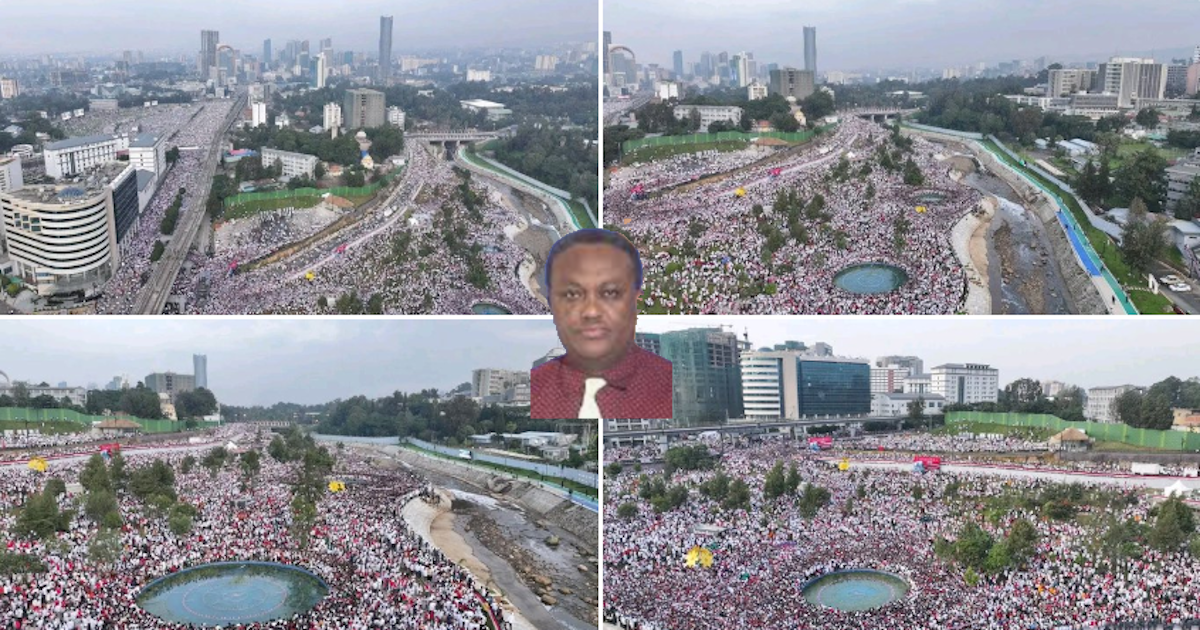
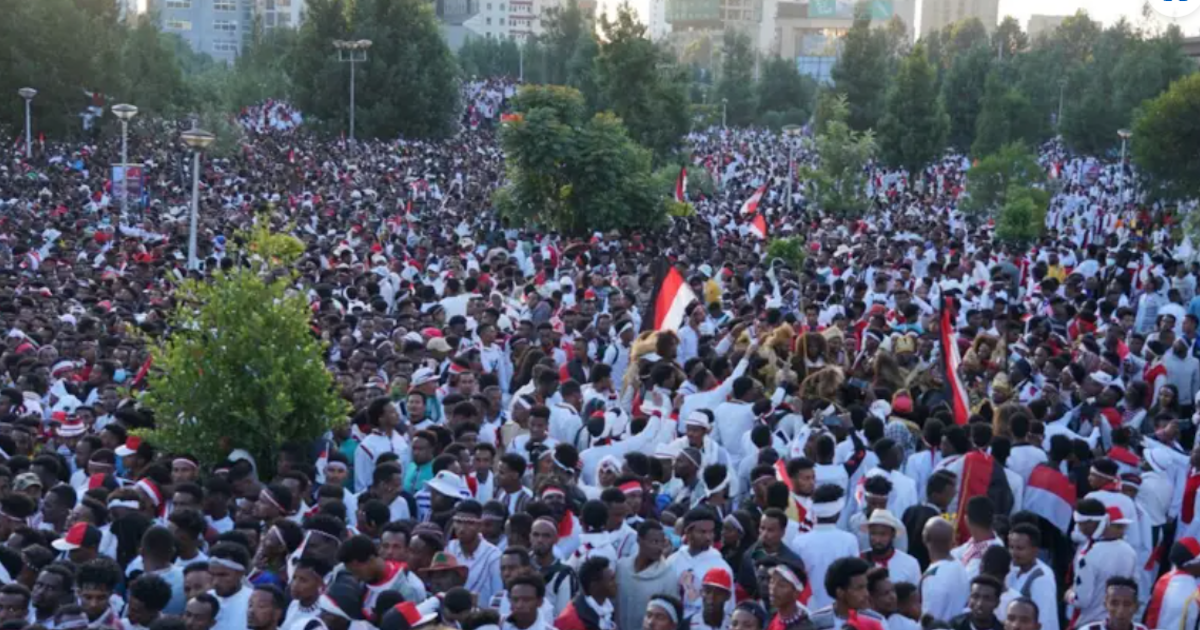
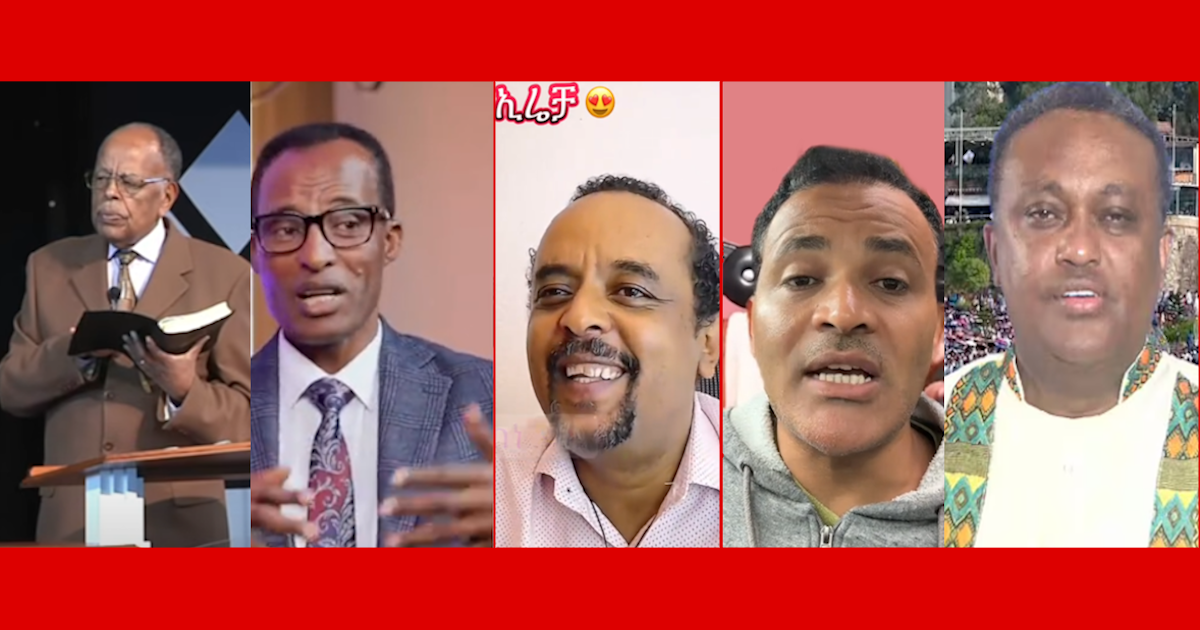
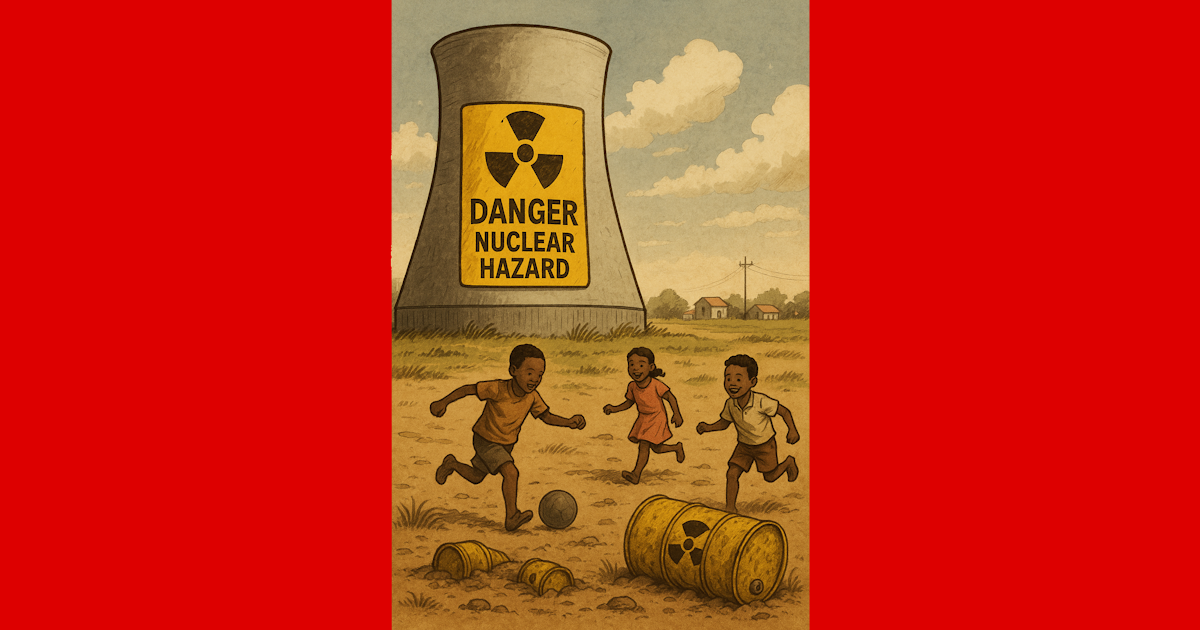
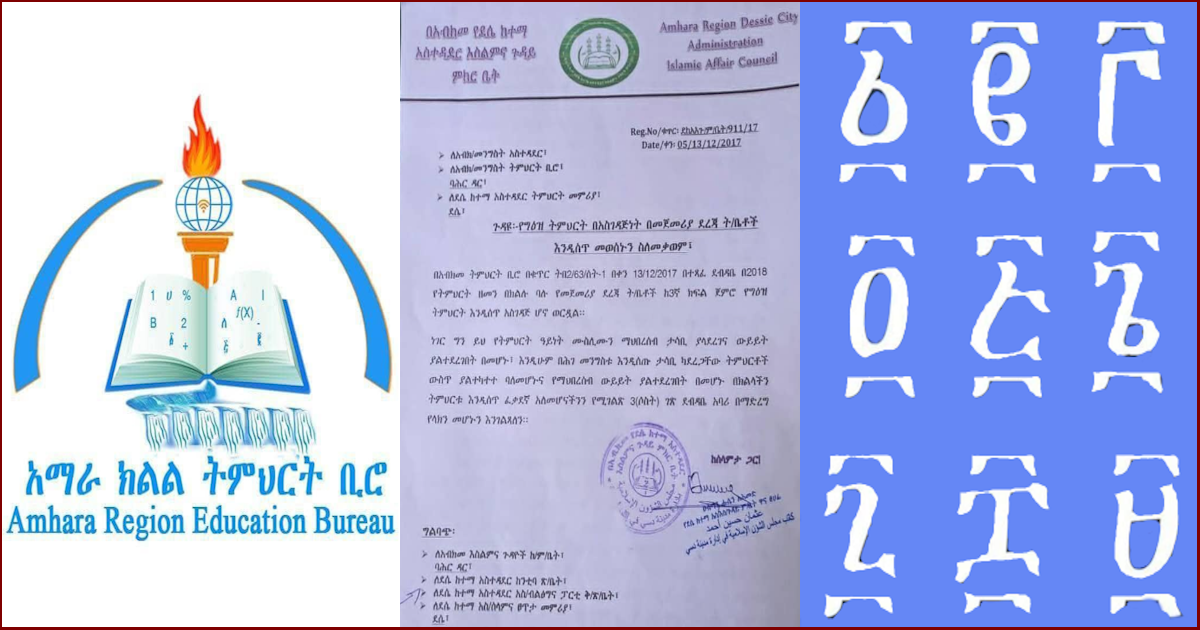
I really appreciated the way you tried to articulate. Ethiopia should cultivate its best on Intellectual Capital.